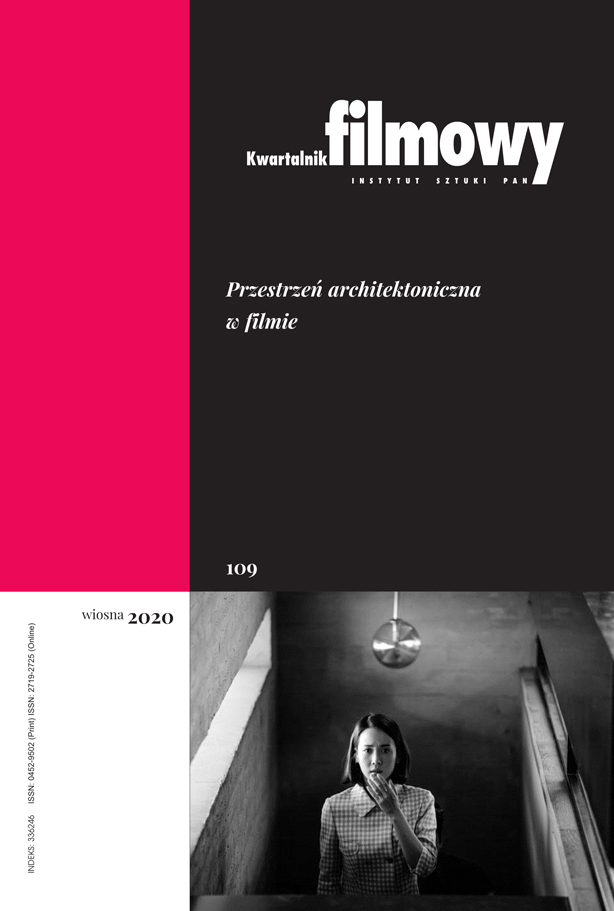Architektura i japoński kolonializm – filmowy obraz przestrzeni miejskiej w okupowanym Seulu
Architecture and Japanese Colonialism – Cinematic Image of Cityscape in Occupied Seoul
Author(s): Krzysztof LoskaSubject(s): Fine Arts / Performing Arts, Architecture, Visual Arts, Film / Cinema / Cinematography, Sociology of Art
Published by: Instytut Sztuki Polskiej Akademii Nauk
Keywords: Korean cinema; Japanese colonialism; architecture; urban space
Summary/Abstract: Assuming that the relations between architecture and cinema should be considered not only in terms of aesthetics, but also in a broader political context, Loska analyzes the way in which urban scenery contributes to the creation of national mythology and nostalgic images. The subject of his analysis are contemporary Korean films set during the period of Japanese colonization, including 2009: "Lost Memories" (dir. Lee Si-myung, 2002), "Modern Boy" (dir. Jung Ji-woo, 2008) and "Private Eye" (dir. Park Dae-min, 2009). Loska emphasizes that the fashion for retro films is a part of a revisionist historical strategy and constitutes an attempt at rewriting the past. Recreating traces of the presence of the Japanese occupiers – through digital reconstructions of pre-war Seoul – does not lead to a critical reflection on colonialism but serves to create a specific narrative, with members of the resistance movement as the main protagonists of these films.
Journal: Kwartalnik Filmowy
- Issue Year: 2020
- Issue No: 109
- Page Range: 106-120
- Page Count: 15
- Language: Polish

